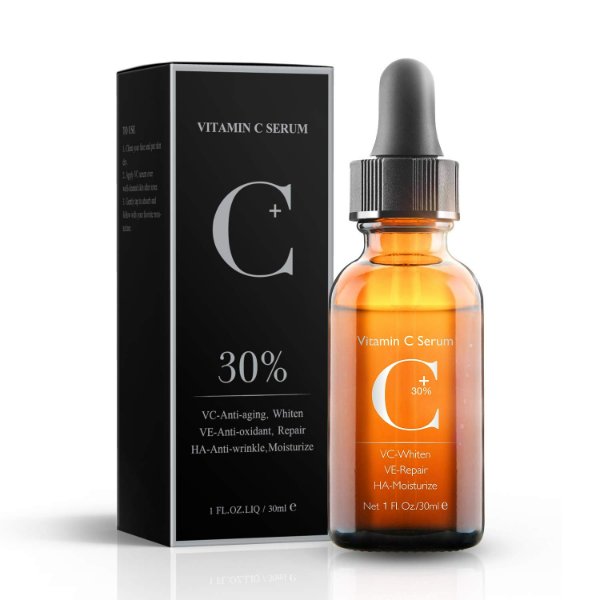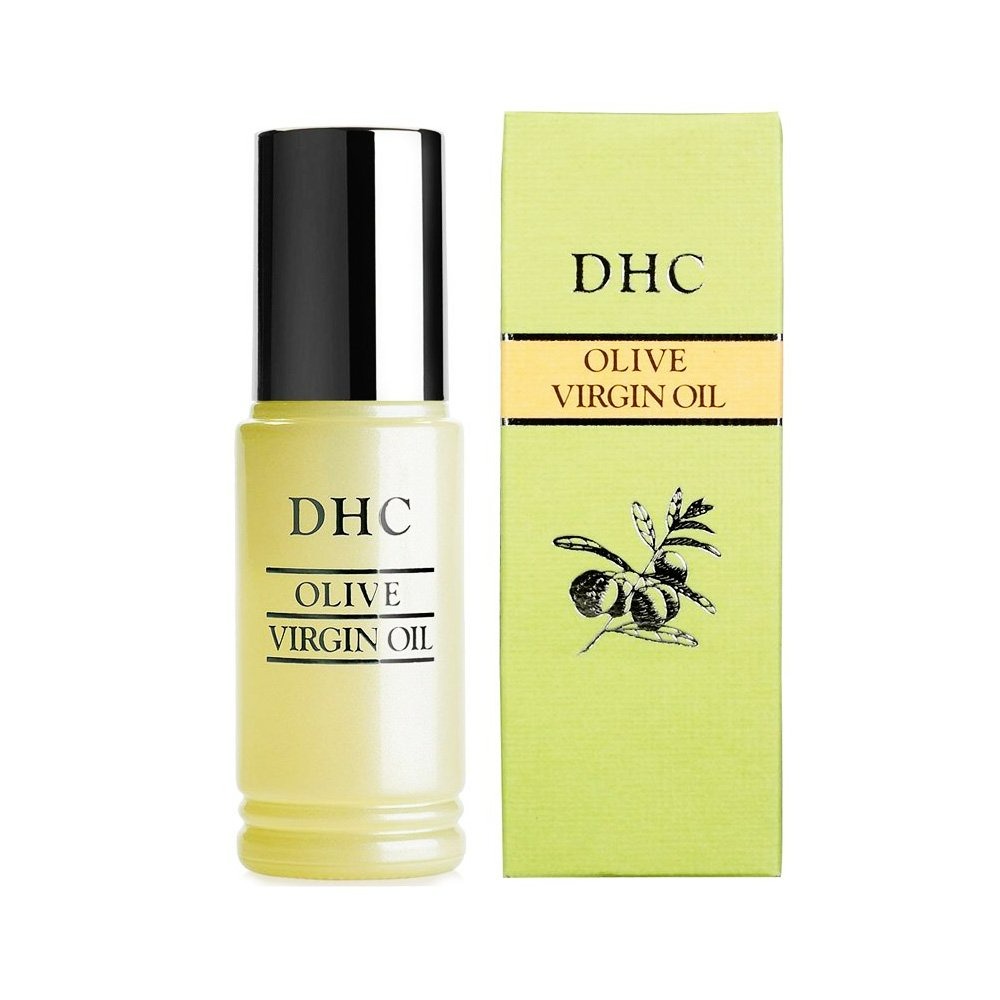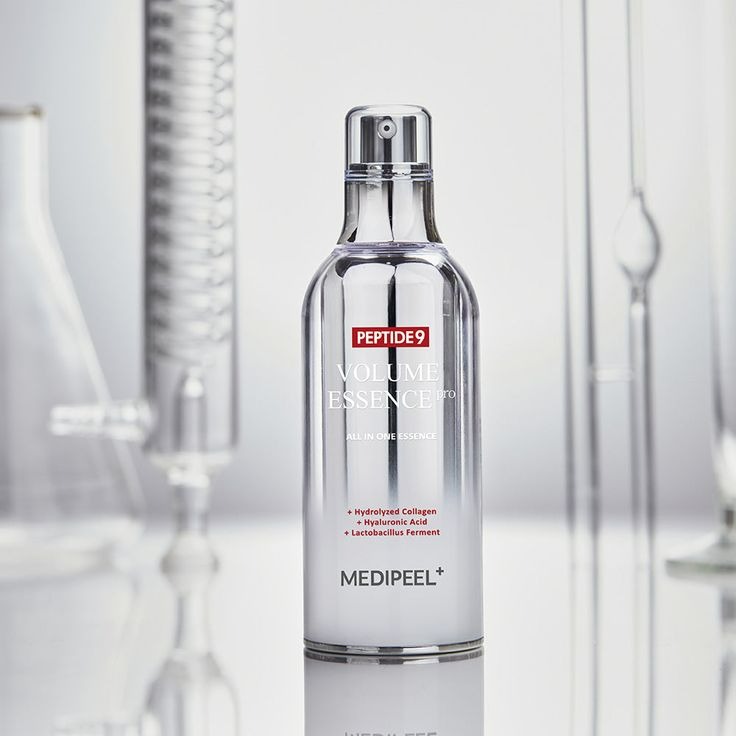Understanding Your Skin Type
Understanding your skin type is the foundation of any effective skin care regimen. Your skin can be dry, oily, combination, sensitive, or normal. Here’s how to identify yours:
- Dry Skin: Feels tight and may have flaky areas. It needs products that moisturize and hydrate.
- Oily Skin: Looks shiny and feels greasy. Products with mattifying properties are best for this type.
- Combination Skin: Characterized by an oily T-zone (forehead, nose, and chin) and dry cheeks. Requires a balance of hydration and oil control.
- Sensitive Skin: Can be easily irritated. Gentle, fragrance-free products are a must.
- Normal Skin: Well-balanced skin that is neither too oily nor too dry.
Knowing your skin type helps you choose the right ‘skin care essentials’. It allows you to customize a skin care plan that works for you. For instance, if you have dry skin, you would focus on nourishing and hydrating products. On the other hand, with oily skin, you would prioritize products that control excess oil without stripping the skin.
Familiarizing yourself with your skin type isn’t just about product choices; it also affects the techniques you use. Gently patting your skin dry instead of rubbing, avoiding hot water that can strip oils, and applying moisturizer immediately after cleansing to lock in moisture are just some examples of techniques that can be adjusted based on your skin type.
Understanding and catering to your unique skin type is crucial not just for the health of your skin, but also for its appearance. Take the time to know your skin, and you’ll be on the path to a glowing, healthy complexion.

The Importance of a Daily Cleansing Routine
A daily cleansing routine is a pillar for healthy skin. It removes dirt, oil, and makeup that can clog pores and cause blemishes. When your pores are clear, your skin can better absorb ‘skin care essentials’ that nourish and protect it.
Here are simple steps to an effective daily cleansing routine:
- Morning Cleanse: Start your day by removing oils that your skin has produced overnight. Use a gentle cleanser suited to your skin type.
- Evening Wash: At night, cleanse to remove makeup, sunscreen, and the day’s pollutants. Double cleansing may be beneficial, especially for oily and combination skin.
- Using Lukewarm Water: Hot water can strip your skin of natural oils, and cold water might not effectively remove dirt. Lukewarm water is just right.
- Patting Dry: Be kind to your skin and pat it dry with a soft towel. Avoid rubbing, which can irritate your skin.
- Consistency: Stick to your cleansing routine daily for the best results. It’s the first step in a regime that keeps your skin radiant and healthy.
Choosing the right cleanser is vital. It should clean without stripping your skin of its natural oils. For dry skin, creamy cleansers are beneficial, while gel-based cleansers work well for oily skin. Remember, a consistent and appropriate daily cleansing routine sets the stage for the rest of your skin care regimen.
Hydration: Choosing the Right Moisturizer
Keeping your skin well-hydrated is key to a healthy complexion. But it’s not just about drinking water. Your skin also needs a good moisturizer to maintain its balance and barrier function. Here’s how to select the best moisturizer for your skin type:
- For Dry Skin: Choose a moisturizer that’s rich in oils and emollients. Look for ingredients like hyaluronic acid and glycerin, which draw moisture into the skin.
- For Oily Skin: Pick a lightweight, non-comedogenic moisturizer. It should hydrate without adding oiliness. Ingredients like salicylic acid can help manage acne.
- For Combination Skin: You’ll want a moisturizer that’s not too heavy but still hydrating. Look for a lotion or gel that balances moisture levels.
- For Sensitive Skin: Go for hypoallergenic and fragrance-free moisturizers to avoid irritation.
- For Normal Skin: A light, non-greasy moisturizer works well. It should keep skin hydrated without causing excess oil.
Regardless of your skin type, choose a moisturizer that complements your daily cleansing routine. It should lock in hydration without interfering with the ‘skin care essentials’ you’ve already applied. Moisturizing twice daily, after cleansing, keeps your skin soft, supple, and smooth. Always apply while the skin is still slightly damp to seal in hydration. And remember, even oily skin needs moisturization to stay balanced and healthy.
Sun Protection: A Crucial Step for Skin Health
Protecting your skin from the sun is vital for its overall health and appearance. Damage from the sun’s rays can lead to premature aging, such as wrinkles and age spots, and more serious issues like skin cancer. To keep your skin safe, here are some essential sun protection tips:
- Use Broad-Spectrum Sunscreen: Choose a sunscreen that guards against both UVA and UVB rays. Apply it every day, even when it’s cloudy.
- SPF Matters: Pick a sunscreen with at least SPF 30 for daily use. If you spend long hours in the sun, go for a higher SPF.
- Reapply Regularly: Sunscreen wears off. Put it on again every two hours, or after swimming or sweating.
- Seek Shade: Stay out of direct sunlight, especially during peak hours between 10 a.m. and 4 p.m.
- Wear Protective Clothing: Outfits with long sleeves, hats with broad brims, and UV-blocking sunglasses help shield your skin.
- Don’t Ignore Overcast Days: UV rays can penetrate clouds. Use sunscreen even on grey days.
By integrating these sun protection practices into your routine, you ensure vital care for your skin. Keep sunscreen with your ‘skin care essentials’ and make application a habitual part of your day. Remember, the effort you put into protecting your skin now will contribute to its health and youthful appearance for years to come.

Nutrition and Skin: Foods that Enhance Skin Quality
Just as the right ‘skin care essentials’ can nourish your skin from the outside, the right diet can work wonders from within. The food you eat plays a crucial role in the health and appearance of your skin. To maintain a radiant and healthy complexion, it’s important to incorporate foods that are rich in vitamins, minerals, and antioxidants.
Eat plenty of fruits and vegetables. They’re high in antioxidants that protect skin from damage. Berries like strawberries and blueberries, and leafy greens like spinach and kale, are excellent choices. Antioxidants combat free radicals that can age your skin.
Also, aim to include foods rich in Omega-3 fatty acids, such as salmon, flaxseed, and walnuts. Omega-3s help maintain your skin’s lipid barrier, which is crucial for retaining moisture and keeping out irritants.
Don’t forget about Vitamin C-rich foods like oranges, bell peppers, and broccoli. Vitamin C is key for collagen production, which keeps skin firm and strong. And for skin repair, seek out Vitamin E in foods like almonds and avocados; it supports cell regeneration.
Hydration isn’t just about drinking water, though that’s incredibly important. Foods with high water content, such as cucumbers and watermelons, also hydrate your skin.
Zinc is another skin-friendly nutrient, and you can find it in pumpkin seeds, chickpeas, and lentils. It helps with the formation of new skin cells and the function of oil-producing glands.
By incorporating these nutrient-rich foods into your diet, you can help ensure that your skin receives the nourishment it needs to stay healthy and glowing. Remember, a balanced diet is just as essential to your skin’s well-being as any topical product.
Addressing Specific Skin Concerns
After understanding the basics of skin type, cleansing, hydration, sun protection, and nutrition, it’s essential to delve deeper into addressing specific skin concerns. Skin issues such as acne, wrinkles, dark spots, and sensitivity require targeted care and the right ‘skin care essentials’ to manage effectively.
- Acne: For those battling acne, look for products containing salicylic acid or benzoyl peroxide. Keep your skin clean and moisturized, and avoid heavy makeup.
- Wrinkles: To combat the signs of aging, such as wrinkles, use products with retinoids, which can help boost collagen production. Always include sunscreen in your daily routine to prevent further damage.
- Dark Spots: Dark spots or hyperpigmentation benefit from skin care essentials that include vitamin C or licorice root extract, known for their brightening properties.
- Sensitivity: If you have sensitive skin, opt for soothing ingredients like aloe vera or chamomile. Avoid irritants like alcohol and fragrances.
For every concern, it’s crucial to be gentle with your skin. Don’t over-cleanse or use harsh scrubs. Instead, choose non-irritating, mild ‘skin care essentials’ that support your skin’s natural barrier. Customizing your skin care routine to address these specific issues helps maintain a healthy, radiant complexion.

The Role of Exfoliation in Skin Care
Exfoliation is key to fresh, healthy skin. It removes dead skin cells and unclogs pores. This allows ‘skin care essentials’ to penetrate more deeply. Regular exfoliation can help make your skin look brighter and feel smoother.
Here’s why exfoliation should be part of your routine:
- Promotes Cell Turnover: Our skin naturally sheds cells. Exfoliation aids this process, encouraging newer skin to surface.
- Prevents Acne: Clearing out blocked pores can reduce the likelihood of acne.
- Evens Skin Tone: It helps in diminishing the appearance of dark spots and uneven skin tone.
- Enhances Skin Texture: Your skin can feel softer and appear more even-textured.
- Improves Product Effectiveness: Without dead cells in the way, moisturizers and treatments work better.
When exfoliating, always use gentle motions. Choose a product that suits your skin type. For example:
- Scrubs with fine grains are good for dry skin.
- Chemical exfoliants like glycolic acid work for oily skin.
- Sensitive skin requires mild exfoliants; avoid harsh, abrasive ones.
- Those with normal skin can use a variety of gentle exfoliating options.
Don’t overdo it. Too much exfoliation can irritate your skin. Most skin types benefit from exfoliating once or twice a week. Pay attention to how your skin feels and looks to determine the right frequency for you.
Exfoliation is a tool for managing many skin concerns. It can boost your skin’s health and enhance the effectiveness of your ‘skin care essentials’. As with any routine, consistency is key. Stick with it for the best results, and always follow exfoliation with hydration to maintain skin balance.
Antioxidants and Anti-Aging: Combating Free Radicals
Antioxidants are vital skin care essentials for anti-aging. They fight free radicals, harmful molecules that can damage skin cells. To keep your skin youthful and diminish signs of aging, incorporate antioxidants into your routine.
Here’s how antioxidants benefit your skin:
- Prevent Cellular Damage: Antioxidants neutralize free radicals, protecting skin cells from harm.
- Promote Collagen Production: Vitamin C is an antioxidant that boosts collagen, reducing wrinkles and improving skin texture.
- Enhance Skin Repair: Antioxidants like Vitamin E support skin healing and strengthen the skin’s barrier function.
- Brighten Skin Tone: Some antioxidants have properties that help even out skin pigmentation.
To harness these benefits, use products with antioxidant ingredients. Look for serums, creams, and face masks with Vitamin C, Vitamin E, green tea, or resveratrol. These can work wonders on your complexion. Also, eating foods rich in antioxidants, such as berries, nuts, and dark chocolate, can support your skin health from the inside out.
Remember to apply sunscreen when using antioxidant-rich products. Many antioxidants can make your skin more sensitive to sunlight. Sunscreen will protect your skin from UV rays while the antioxidants work on repairing and protecting your skin.
Make antioxidants a non-negotiable part of your skin care essentials. Your skin will thank you with a glowing, youthful look. And always be gentle when applying products; treat your skin with care to avoid irritation.
By focusing on antioxidants, you’re investing in your skin’s long-term health and combating the aging process effectively.
